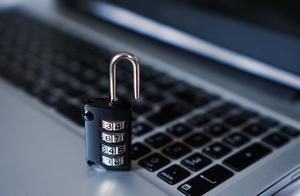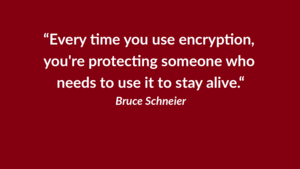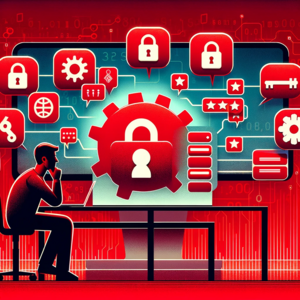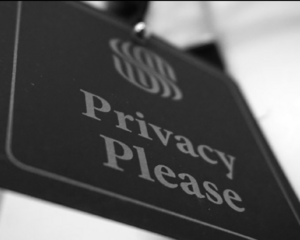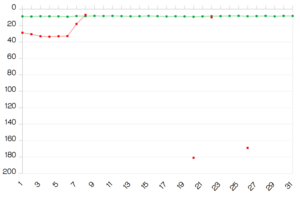Encrypted emails are constantly rising: 66% of Tutanota emails are end-to-end encrypted
More and more people are choosing to send secure emails with Tutanota!
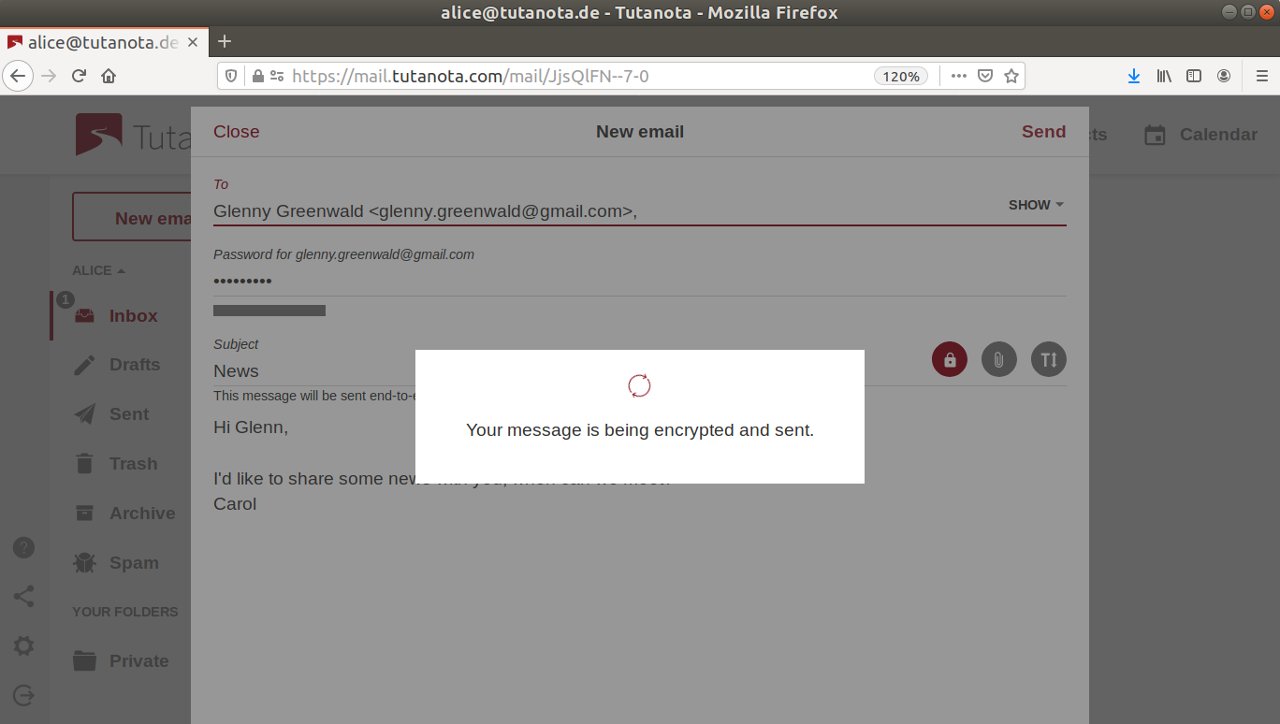
Easy and secure
Tutanota is the secure email service that comes with automatic end-to-end encryption. When we started building Tutanota, we always believed that sending an end-to-end encrypted email needs to be as easy as sending a normal email. The numbers prove us right: 66% of all emails sent from Tutanota are end-to-end encrypted.
This is a rise of six per cent compared to 2018 and of a staggering 27% compared to 2015.
Encryption - when easy to use - is being used.
Emails are like postcards
Today, everyone knows that emails are like postcards: Without encryption, everyone can read them. So it comes at no surprise that more and more people a choosing to encrypt their emails.
While this is great news for our open and free democracies and should be cherished by civil society as well as politicians, some politicians seem to forget how important it is to keep ones' communication private - also from state actors.
Encryption guarantees freedom
The internet, with all its benefits that it has brought to our societies, has also developed into an extensive surveillance machine - much more capable than what secret services a couple of decades ago could have hoped for.
Secret services around the world got used to monitoring our internet traffic to filter out potential criminals. While this form of mass surveillance is illegal in most democracies, the Snowden leaks in 2013 demonstrated that secret services used such techniques despite privacy-protecting legislation simply because it was technically possible.
But today's internet has matured: Websites now enforce traffic via TLS encryption and people can now easily encrypt emails end-to-end with Tutanota or chat messages with Signal, Threema and others. Lots of people, journalists, whistleblowers, and political activists around the world depend on securing their online communication with encryption. But also normal citizens rely on encryption as it protects their sensitive data against malicious attackers on the web.
Right to privacy depends on encryption
Unfortunately, politicians increasingly ignore how valuable encrypted communication is for their citizens.
If the authorities and politicians now demand access to encrypted communication to prosecute criminals, they ignore the fact that by doing so they weaken the foundation our democracy is built on: The right to privacy and freedom of speech.
Yes, the authorities must be able to prosecute criminals. But the methods to do so must never include defying all citizens a secure and confidential form of communication.
Breaking encryption - as repeatedly demanded durcing the crypto wars - would have severs consequences:
It would make every online communication vulnerable to malicious attackers.
It would deny citizens as well as professionals of the media, of the legal sector, of the healthcare sector, of the financial sector to communicate securely online.
It would open the door for state-sponsored snooping on every citizen, which could be a first step to destroy any democracy.
Free forever
To make sure everyone can use encrypted emails, Tutanota will always offer a free email address to citizens around the world.
That is our small, but important contribution to make this world a better place. Let's all fight against mass surveillance:
Encrypt every email.

